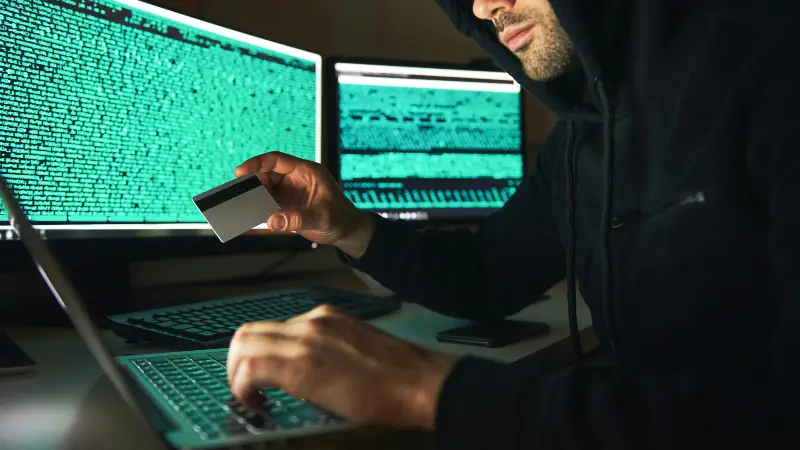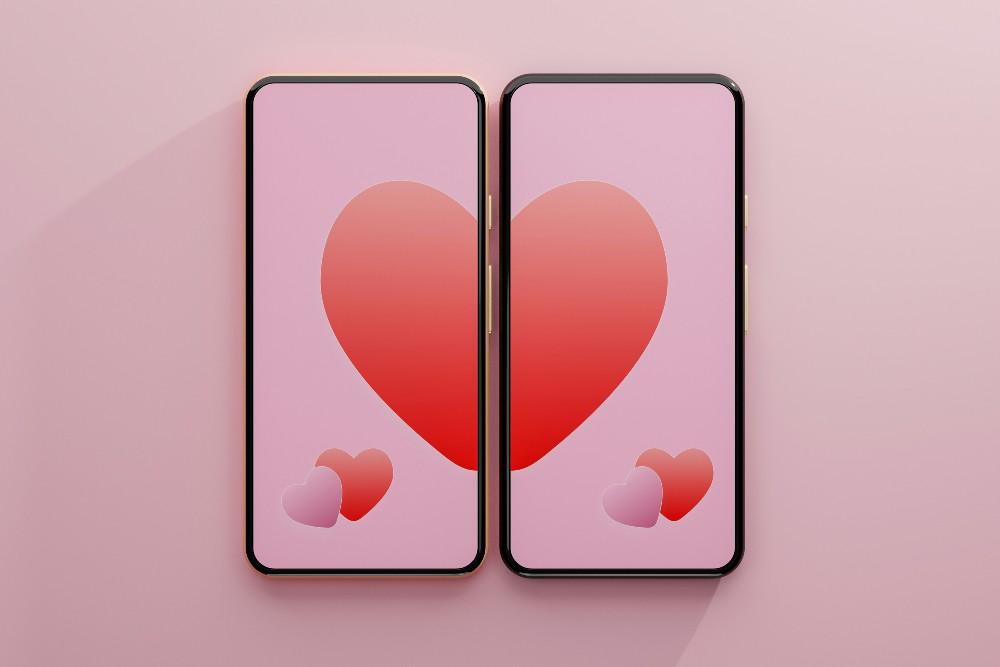Your credit card is gone, and you swiftly realize that it’s been used to make several purchases adding up to a few hundred dollars. It’s a frustrated situation that many people have encountered.
Unwanted charges under $500 can be a murky area when it comes to whether or not these smaller, yet still significant, amounts of credit card theft prompt police investigations.
Therefore, understanding law enforcement’s approach to these crimes, what to expect after reporting them, and how to strengthen your credit card security can help you navigate through this unfortunate experience.
Do Police Investigate Credit Card Theft Under 500 Dollars?
If you’re a victim of credit card theft with unauthorized charges under $500, the pressing question is whether police will take your case seriously. The answer can be complicated.
While every instance of credit card fraud is indeed a crime, the reality is that police resources are finite. The likelihood of a full investigation into credit card theft of this amount often depends on the specific circumstances of the case and the policies of the local law enforcement agency.
Some police departments may prioritize these smaller incidents less because the prosecution rate is low, while others could consider them a gateway to uncovering larger fraudulent rings or more serious crimes.
Whether your case attracts attention may be influenced by factors such as if there are multiple victims, if the theft was part of a larger pattern, or if it involved a breach of a local business.
Generally speaking, though, while you should report the theft to the police, you might find that their response won’t always be robust or immediate for amounts under $500.
Why Does Police Rarely Investigate Credit Card Theft Under 500 Dollars?
As mentioned, the unfortunate truth is that police departments often have to prioritize cases based on available resources and the severity of crimes.
Here are a few reasons why your sub-500 dollar credit card theft might not reach the top of their agenda:
Resource Allocation
Law enforcement agencies struggle with limited personnel and budgets. They need to assign their resources to the most pressing issues first, which are typically violent crimes or large-scale fraud cases.
High Volume of Cases
Credit card fraud is incredibly common, resulting in a high volume of cases, many of which involve small amounts. This can lead to an overwhelming caseload for officers.
Challenges in Investigation
Small-scale credit card thefts can be challenging to investigate. They often leave a limited paper trail, and tracking down the perpetrator for a relatively small amount may not be practical.
Jurisdictional Issues
Credit card theft may cross jurisdictions, complicating the investigation for local police, especially when the fraudulent transactions occur online or in different states or countries.
Impact Assessment
Smaller thefts, while significant to the victim, may not rank as highly in terms of societal or community impact, which often guides police priorities.
Recovery and Restitution
There’s a greater likelihood of the victim being reimbursed by the credit card issuer for unauthorized charges, as most offer zero-liability policies for fraudulent transactions. This reduces the pressure on law enforcement to act on smaller cases.
Is It a Good Idea to File a Police Report for Credit Card Theft Under 500 Dollars?
Despite the challenges mentioned above, filing a police report for credit card theft, no matter the amount, is a wise step because:
1. Identity Theft Protection
If your credit card theft is part of identity theft, a police report is often the first step in a broader protection and recovery process.
2. Bank and Credit Card Company Procedures
Your bank or credit card issuer may require a police report to finalize the dispute of fraudulent charges and to waive any unauthorized transactions.
3. Investigative Leads
While an individual small theft might not garner much attention, it could be part of a larger pattern. Your report could provide a critical piece of information that helps police connect various incidents together.
4. Legal and Credit Remedies
A police report can serve as proof when you are dealing with credit bureaus or seeking legal advice. It facilitates the process of potential credit repair and can support any civil action you might take.
5. Deterrence
Reporting the incident contributes to crime statistics, which can influence law enforcement strategies and policies. If such crimes go unreported, the issue may not receive the attention it needs for broader preventative measures.
6. Personal Closure
Knowing that you have taken all the necessary steps can provide peace of mind and closure, even if the outcome isn’t as robust as you might wish.
While law enforcement may or may not actively investigate your case, the act of filing a report is straightforward and can be done online or over the phone in many jurisdictions. It also lays the groundwork in case the thief is caught later – you’ll already have your losses on record.
How Much Credit Card Theft Police Will Investigate?
There isn’t a clear-cut figure that determines when the police will investigate credit card theft, as it largely depends on individual police department policies and current caseloads.
However, it’s generally understood that larger amounts of fraudulent charges are more likely to trigger a police investigation.
For incidents involving higher dollar amounts, starting in the thousands of dollars, police are more actively engaged. This is because larger fraud cases can often lead to or be part of wider criminal networks or might be linked to more serious financial crimes.
How Often Do Credit Card Frauds Get Caught?
Credit card frauds, especially when the stolen amount is less than $500, may not always lead to the thief being caught. Police are very busy and often focus on bigger crimes or frauds where a lot more money is stolen.
But this doesn’t mean all small-time thieves get away with it. Sometimes, they do get caught, especially when they keep stealing and get noticed by the police.
Banks and credit card companies have special systems to spot when something unusual is happening with your card. When they see something suspicious, they can stop it quickly and sometimes even help the police find the thief.
Also, as security cameras and computer crime-fighting get better, the chances of catching these crooks improve.
If a lot of people report similar small thefts, the police might see a pattern. This can lead them to the thief. Plus, when the police share pictures or descriptions and people who see them give tips, they can catch the thief faster.
So, even if it’s not very common for small-time credit card frauds to get caught, there are ways that can help make it happen. And every time someone reports a fraud, it helps the police to look out for these thieves and figure out how to catch them.
That’s why it’s still important to tell the police if your credit card gets stolen and used without your permission, even if it’s for a small amount of money.
How to Protect Yourself from Credit Card Theft
There are several things you can do to protect your credit card from thieves.
1. Keep Your Card Close
Treat your credit card like cash. Always know where it is, and don’t let it out of your sight. When you go out, keep it in a secure pocket or part of your wallet.
2. Be Smart Online
When you’re buying something on the internet, make sure the website starts with “https://” – the ‘s’ means it’s secure. Also, it’s best not to save your card information on websites. Type it in each time instead.
3. Avoid Public Wi-Fi for Shopping
Try not to use public Wi-Fi when you’re buying something with your credit card. These networks can be unsafe, and thieves can sometimes peek at what you’re doing.
4. Beware of Phishing
Be careful with emails, texts, or phone calls trying to trick you into giving away your credit card details. If an offer looks too good to be true or if someone is asking for too much information, it’s probably a scam.
5. Secure Your Personal Network
If you use Wi-Fi at home, make sure it’s got a strong password that only you and your family know. This stops outsiders from hopping onto your network and trying to steal your information.
6. Shred Private Papers
If you get papers in the mail that have your card number on them, don’t just throw them in the trash. Use a paper shredder or cut them up with scissors so no one else can read them.
7. Pick Strong Passwords
If you have an online account for your credit card, make sure you use a strong password that’s hard for someone else to guess. Don’t use easy things like your birthday or “1234”.
8. Don’t Share Your Private Info
Never tell anyone your card number or the three digits on the back, unless you’re sure they’re someone you can trust, like when you’re buying something from a real store or a well-known online seller.
9. Be Careful at ATMs and Gas Pumps
Look around to see if anything looks out of place before you use an ATM or a gas pump. Thieves sometimes put little machines called “skimmers” that steal your card info. If something looks weird or feels loose, don’t use it.
10. Update Your Devices
If you use your phone or computer to buy things, make sure they have the latest security updates. This can stop hackers from sneaking into your device and finding your card details.
11. Use Alerts
Many banks let you set up alerts that tell you when there’s a charge on your card. You can get messages sent to your phone or email. This way, if someone uses your card without your okay, you’ll know fast and can tell your bank.
12. Check Your Statements
Look at your credit card bill carefully every month. If you see any charges you don’t remember making, call your bank right away.
13. Report Lost or Stolen Cards Quickly
If your card goes missing or you think someone stole it, call your bank right away. The faster you do this, the less time a thief has to use it.





